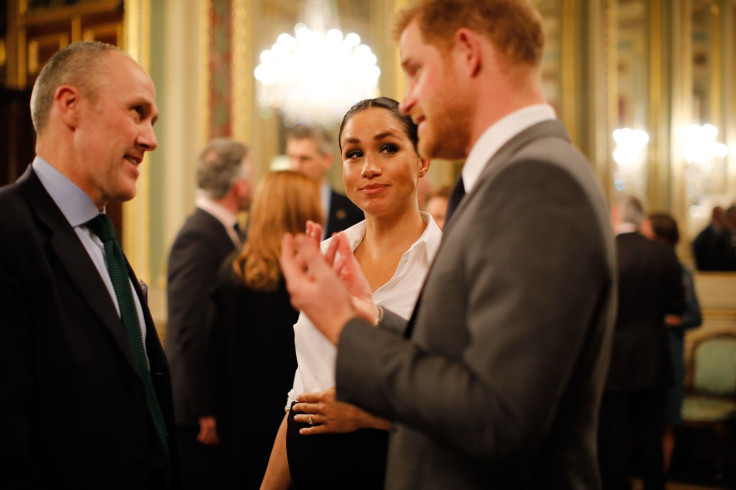Is Meghan Markle Having Twins? How It Would Change Line Of Succession To The Throne

As the world gets closer to the birth of the next royal baby, some have speculated that it could break a nearly 600-year-old streak. Oddsmakers have been setting odds for whether or not Meghan Markle will give birth to twins for months now, and it will probably continue until the world knows for certain.
If that were to happen, it would be a fairly momentous occasion. There are no twins among the living members of the British Royal Family, and there have not been for quite a long time. According to Metro, the last pair of royal twins were Alexander and James, both born in 1430.
Alexander died soon after, leaving just his brother to eventually become King.
If Markle had the first royal twins in almost 600 years, what would it mean for the line of succession behind Queen Elizabeth II? Not much, as it turns out. Markle’s baby is slated to be seventh in line to replace the Queen as monarch. Prince Charles, Prince William and his three children and Prince Harry all take priority over Markle’s child.
If Markle has twins, whichever one was born first would presumably take precedence on the line of succession. They would be seventh, while the younger twin would be eighth. Interestingly, that only counts for natural births, according to Metro. In the event of an assisted birth, a royal gynecologist might make the decision.
Betting site Betfair had the odds of Markle giving birth to twins at 3/1 last month. If they have twin girls, the betting favorites for their names are Alice and Victoria. For twin boys, oddsmakers favor James, Albert and Arthur.
Markle’s due date is sometime later this spring. She and Prince Harry are moving out of Kensington Palace to Frogmore Cottage soon, presumably ahead of the baby’s birth.
© Copyright IBTimes 2025. All rights reserved.





















